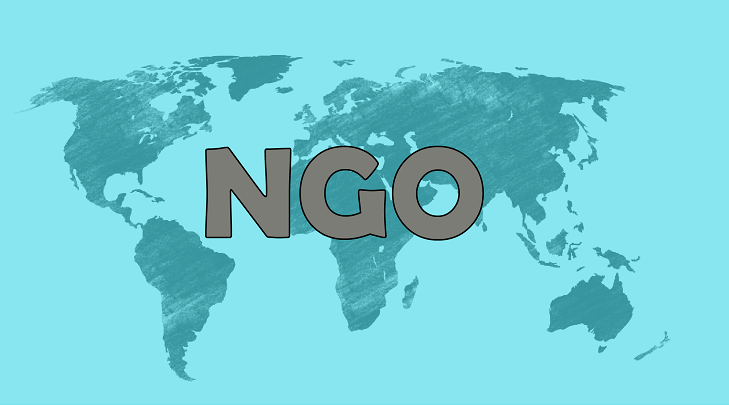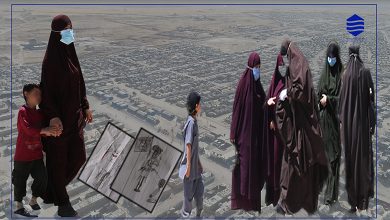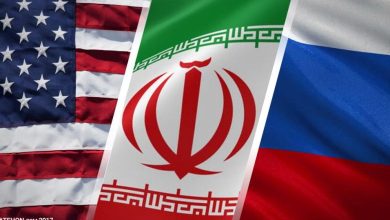
Non-governmental organizations… The other face of the global system.
Available in Arabic
Democracy, equality, liberation, efficiency, women’s empowerment, sustainable development… These are glittering and appealing liberal slogans raised by non-governmental organizations (NGOs) in every country around the world, particularly in third-world countries. Amid the tragedies and wars that our planet experiences, these slogans may offer a glimmer of hope to populations enduring these conflicts.
Non-governmental organizations hold a distinct position and significant importance in our contemporary world. Conflict zones have become fertile grounds for their entrance and emergence. Their numbers and diversity have grown across all sectors due to their effective methods of accessing these environments, aided by their adaptability within societies.
Moreover, the shifts in the global landscape and the new direction the world order has taken have elevated their significance. The shift from state security to individual security has played a substantial role in their presence, especially in the aftermath of the Cold War. They had an active role in international crises and conflicts.
From this standpoint, these organizations have become a gateway to external intervention. Today’s wars largely rely on intellectual invasion, considering that these organizations have become a significant force within international systems.
Furthermore, globalization has played a significant role in the growth of NGOs, particularly concerning the movement of capital and individual security. Global developments demand access beyond governments, prompting the need for a new system where actors other than governments play their roles. Non-governmental organizations emerged at a time when nation-states were losing their former authority, creating space for a new model of governance in which NGOs wield significant influence across various domains. President George H.W. Bush declared that “the United States would lead a new global order, uniting nations based on shared principles to achieve global aspirations for human welfare, anchored in peace, freedom, and the rule of law.”[1] International politics are now shaped through new blocs, and independent states outside these alliances find it challenging to exert influence alone.
Despite the substantial role played by NGOs, they remain subjects of controversy, especially regarding their presence in conflict zones and their funding sources, which raise doubts about their intentions.
This study aims to explore the relationship between NGOs, globalization, and states by examining their background, history, and pivotal points of contention. Additionally, it sheds light on the role these organizations play in the evolving global landscape.
Importance of the Study
The significance of this study arises from the increasing numbers and widespread presence of non-governmental organizations (NGOs), which have gained substantial prominence within the current global system, despite having existed for an extended period. The escalating global interest in these organizations within international politics adds to their importance, particularly in the present century.
In the era of information, interaction with governments alone is no longer sufficient. Public opinion has gained increasing importance, rendering non-governmental entities more capable of influencing events and becoming active agents.





